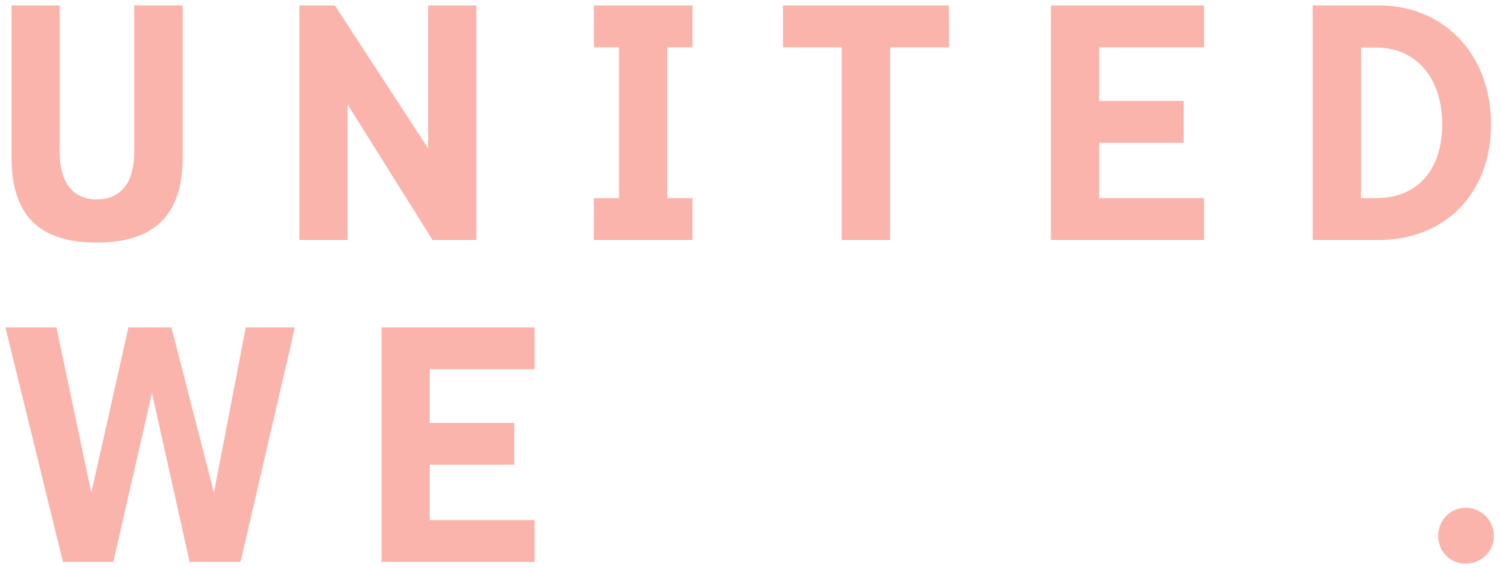Ebony Reed, Chief Strategy Officer at The Marshall Project and United WE board member
Photo Credit: Chichi Ubina
Income gaps impact all women. But Black and Latino women have the greater burden of more often coming from families that trail in wealth, meaning they have less of an economic safety net.
One proposed idea to address this inequity comes from Janelle Jones, the first Black woman to have served as chief economist at the U.S. Labor Department. Jones proposed a framework several years ago named Black Women Best: The Framework We Need for An Equitable Economy. The core of the framework’s philosophy is steeped in economic approaches that consider what is best for Black women, a group that has traditionally been economically insecure in the United States. The framework’s premise is that if Black women are lifted then all communities will be lifted.
For the last three years, Louise Story, also an investigative journalist, my coauthor and Yale School of Management teaching partner, have included Jones’ framework for M.B.A. students to evaluate and think through in a class we co-designed to help business leaders consider the history and the contemporary applications of race and money. Story and I have extensively researched wealth and income gaps impacting all races and women. Our book — Fifteen Cents on the Dollar: How Americans Made the Black-White Wealth Gap is available for purchase now.
Ebony Reed’s Book is Available for Purchase Now!
For our book, we conducted almost 400 interviews across the country, commissioned our own Harris Poll and deeply reported on seven Black families - three prominent and four most people may not know before reading our book. We chronicled their experiences with the student loan crisis, banking, technology, insurance, labor markets, housing and real estate, taxes, the criminal justice system, entrepreneurship and public and private policies, while also tracing their family trees back five-to-six generations.
In most of the families we saw the impact of income disparities and racial wealth gaps.
According to the U.S. The Government Accountability Office, often called the GAO, an independent, non-partisan agency that works for Congress, “the pay gap was greater for women in most historically underserved racial and ethnic groups than for White women.” The agency, which provides non-partisan, fact-based information to Congress and other federal agencies, reports that “women earned about $.82 for every dollar men earned; Hispanic or Latina women earned about $.58 and Black women earned about $.63 for every dollar White men earned,” based on data released in December 2022.
The Social Security Administration, a federal agency, also reports that Black and Hispanic women’s earnings are less than that of white and Asian women. Those earnings can contribute to a family’s overall net worth because wealth is all of the assets minus liabilities in a household. Federal data does not separate women from men in wealth reporting, but we can see differences in income data.
Wealth and income gaps impact every race, including white Americans, Native Americans, Latino Americans, but Black Americans and their families consistently rank in the bottom on federal wealth data reports. The Survey of Consumer Finances 2022 data from the Federal Reserve – released in October 2023 – finds that the average and median Black family has only 15 cents on the dollar in wealth when compared to white families. Often wealth is passed through inheritance, but the gap Black Americans face has been deepened by policies and practices that have left them in worse financial shape. Today Black Americans on average have higher student loan debt, lower home ownership and higher unemployment.
According to the Black Women Best framework outlined in the paper by Jones and her coauthors Kendra Bozarth and Grace Western, published on the Roosevelt Institute website, “centering Black women also means centering other marginalized identities, all of which intersect with race and gender and are identities that Black women hold and live.” The paper argues that focusing on Black women in its application in policy making would be complex and require those who apply it to focus on Black women’s intersecting identities and ensure they can build economic security.
Through our reporting for our book, Story and I cross major historic moments that impacted the Black-white wealth gap – the 2008 economic crisis, the ending of government enforced and legal discrimination and slavery, which is the starting point for the Black-white wealth gap in America. And we include academic research and data – knowing that the more people who are exposed to it, the deeper, richer and more nuanced our conversations can be. Some communities are trying to find solutions to wealth disparities, but even in places, such as California, where the universal basic income was piloted, there is still debate about the best solution.
After three years of deep research and reporting on wealth and income gaps, I often reflect on how big and wide the coalition needs to be to address these issues in American society.
It will take people working in partnership who are different from each other. The coalition will need people of all backgrounds, fields and disciplines.
Ebony Reed is a media executive who has worked at The Wall Street Journal, Associated Press and other regional media companies. She teaches at the Yale School of Management in Connecticut and has taught at seven other colleges and universities. She is a United WE board member and lives in Kansas City, Mo. To learn more about Fifteen Cents on the Dollar go to 15.cents.info.



